Healing isn’t a straight line, as much as we might wish it was.

If it feels like you’re making progress one day and sliding backwards the next, you’re not doing it wrong—you’re just in the thick of it. Emotional recovery, whether from grief, burnout, trauma, or heartbreak, often feels more like a messy loop than a clean climb. These are the reasons your progress might feel like a constant up and down, and why that’s more normal than it seems.
1. You’re still learning how to feel things fully.

At the start of healing, it’s common to numb out or distract yourself just to survive. But as you begin to feel safer, the emotions you pushed aside start coming back up, and that can be intense. It might feel like you’re going backwards when really, you’re just feeling more deeply.
Letting yourself fully feel something that’s been buried isn’t a step back. It’s a hard but necessary part of the process. You’re not falling apart again; you’re making space for something real to finally move through you.
2. Certain triggers hit harder than expected.
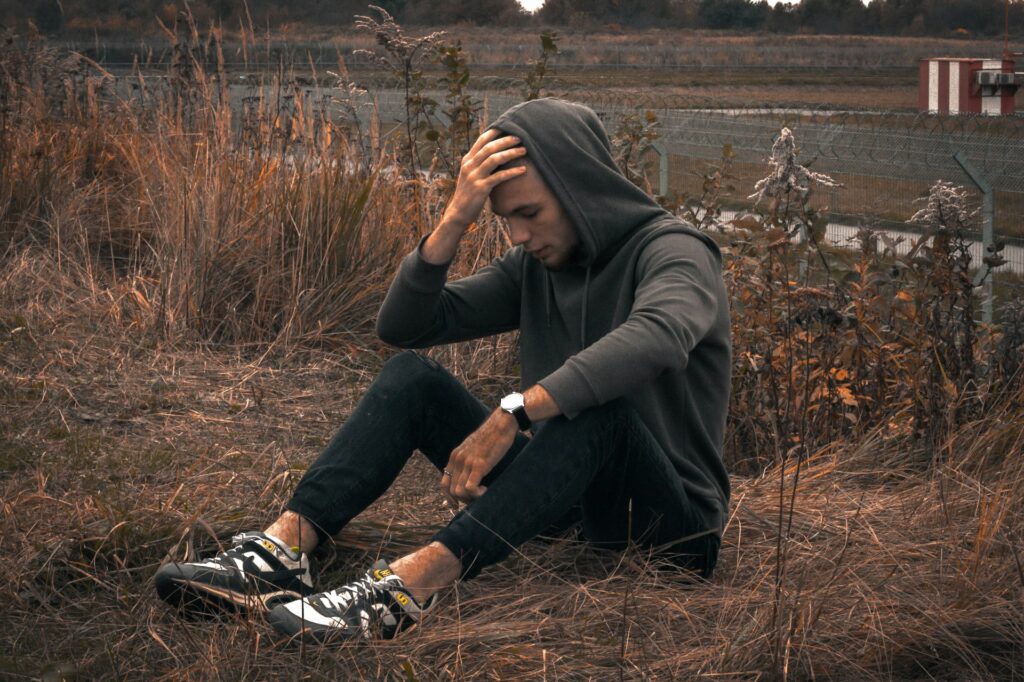
You might feel like you’re doing fine until something small throws you completely off balance—a comment, a memory, a place you haven’t been in a while. It’s jarring, especially when you thought you were past that stage. Triggers don’t care about your timeline. They’re reminders of pain that still needs tending to. Having a strong reaction doesn’t mean you’re broken—it just means something still matters. That’s not weakness, it’s honesty.
3. Your mind is trying to protect you, even when it’s unhelpful.

Sometimes you get a wave of clarity, strength, or peace—and then suddenly find yourself overthinking, self-sabotaging, or shutting down again. That’s often your brain sliding into protective mode, trying to keep you from potential pain. It’s frustrating, but it’s not failure. Your brain is doing what it thinks it needs to do to keep you safe. The more you notice it happening, the better you get at working with it instead of being dragged by it.
4. You’re juggling healing with real-life responsibilities.

It’s easy to feel like you’re backsliding when you’re just overwhelmed. You might be doing deep emotional work while still showing up for work, parenting, or managing bills. That kind of pressure makes it harder to stay regulated. Your healing is happening in the middle of everything else, not in a vacuum. You’re not failing. You’re just doing something heavy while carrying a full load, and that’s going to come with ups and downs.
5. Old habits are comfortable, even when they don’t help.

There’s comfort in familiarity, even when it hurts. When things get hard, it’s natural to fall back into patterns that feel safe—even if they’re the ones you’re trying to change. That’s not regression. That’s a very human part of growth. The goal isn’t to never slip up. It’s to notice sooner, come back quicker, and be less hard on yourself when it happens. Progress includes returning to yourself after detours.
6. Your progress isn’t always visible.

Some days you’ll feel lighter, clearer, and more in control, and other days, not at all. That inconsistency can mess with your confidence. But healing often works in the background, showing up in subtle ways you don’t immediately notice. Just because you’re not glowing every day doesn’t mean you’re stuck. Choosing differently, thinking more gently, or simply getting through a tough day with awareness? That’s growth, even if it’s quiet.
7. You’re grieving who you used to be.

Healing isn’t just about getting better—it’s about letting go. Sometimes the hardest part is grieving the version of you that coped in unhealthy ways. Even if those habits were painful, they helped you survive at the time. There’s a strange sadness in saying goodbye to your old ways. It’s not weakness; it’s part of stepping into something new. Feeling that grief is part of the transformation, not a sign that you’re breaking.
8. Setbacks can actually teach you something new.
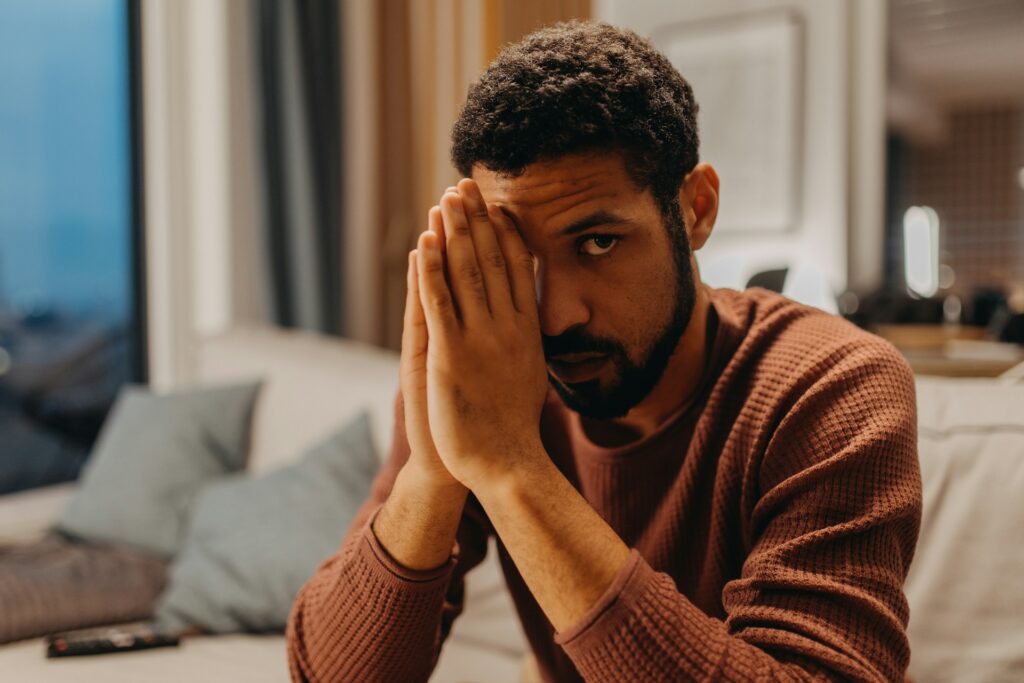
When things fall apart, it’s tempting to think you’re back at square one, but you’re not. You’re revisiting the same spot with more awareness, more tools, and a slightly stronger foundation, even if it doesn’t feel like it in the moment. Each spiral teaches you something the last one didn’t. Over time, those lessons stack up. They build something that’s less about never falling and more about knowing how to get up again with less shame.
9. Healing changes how you experience relationships.
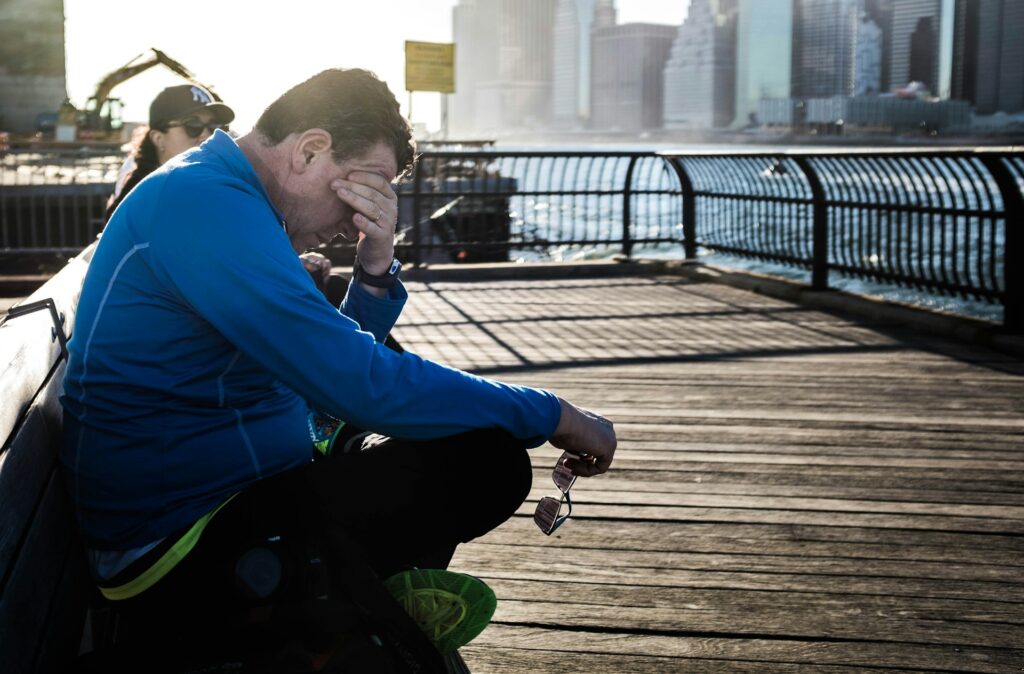
As you grow, you start noticing red flags you used to ignore. That awareness can feel empowering—but it can also be isolating. You might feel more disconnected before you feel more aligned. That change can be painful. You might start questioning old connections or feeling like you don’t fit in where you used to. That friction isn’t failure; it’s proof your standards have changed.
10. Some days just hit harder for no clear reason.
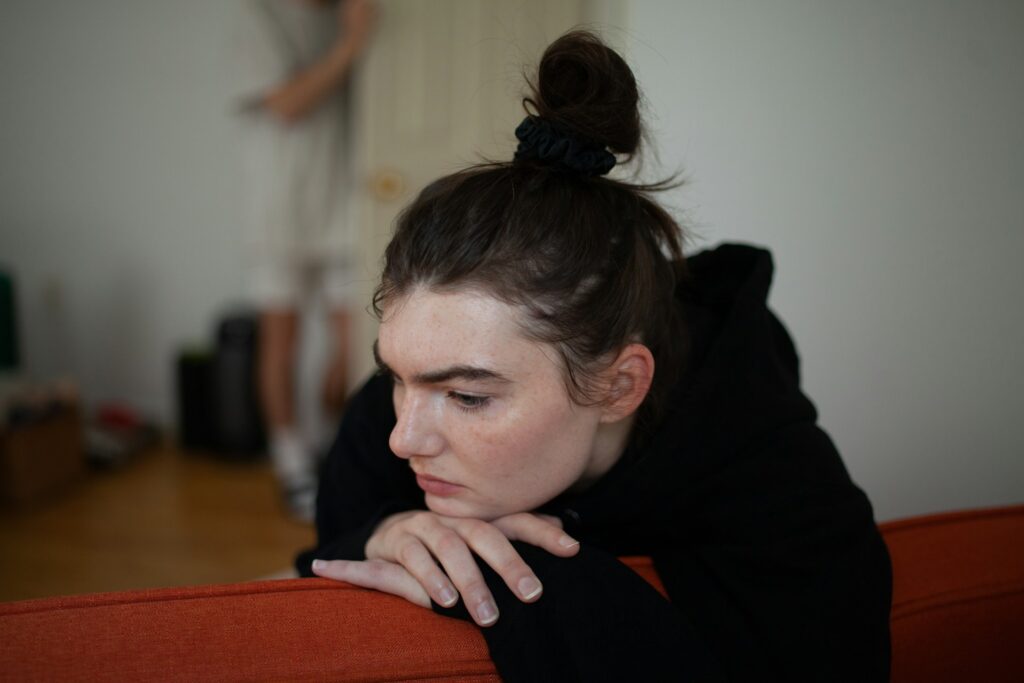
There are days when nothing specific triggers you, but you feel low, agitated, or exhausted anyway. It’s confusing, especially when the day before felt fine. But not every emotional dip has a neat cause. Emotions ebb and flow, especially during healing. Your body and mind are processing more than you think. Letting yourself ride those waves without trying to explain them can be one of the kindest things you do for yourself.
11. You’re noticing things you used to ignore.

Healing sharpens your awareness. You might start noticing how tense your body gets, how certain people drain you, or how often you put yourself last. That clarity can feel overwhelming at first. It might seem like you’re getting more sensitive, but really, you’re just less numb. Noticing discomfort is actually progress; it means you’re ready to stop settling for things that once felt normal.
12. You’re doing emotional work most people avoid.

When you start untangling your past, confronting patterns, or setting boundaries, it can feel like everything is falling apart—but really, you’re doing something most people never do. That alone can feel incredibly isolating. You might not see instant results, but you’re building something solid under the surface. If it feels messy, that’s because you’re doing the deep stuff. It doesn’t always look like healing—but it is.
13. Your nervous system is still learning what “safe” feels like.
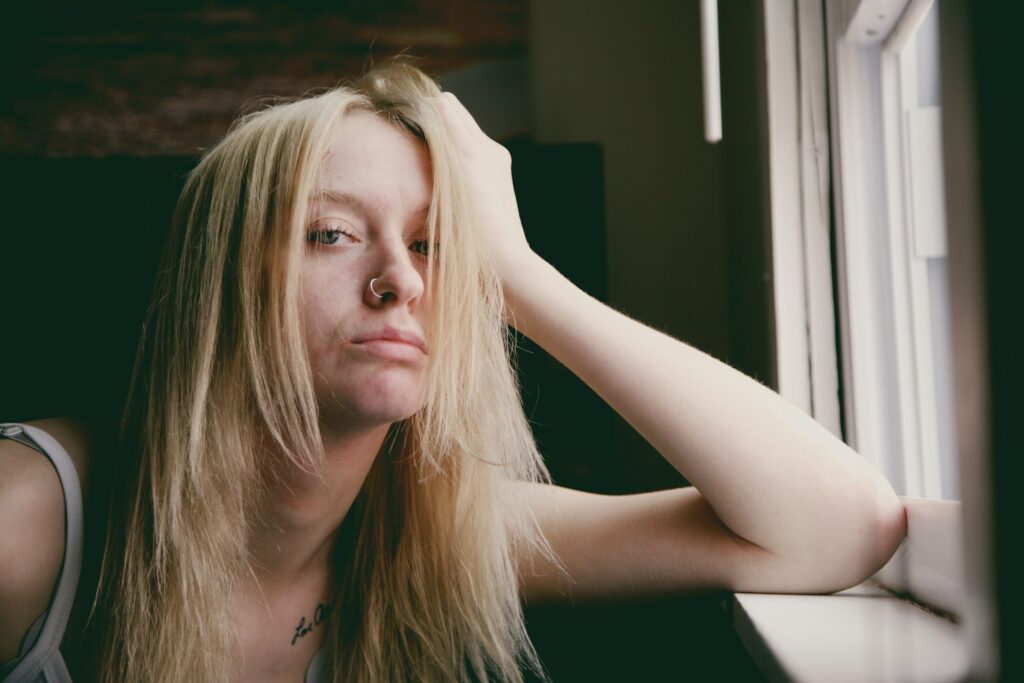
Even when things are calm, your body might still feel on edge. If you’ve lived in survival mode for a long time, peace can feel unfamiliar—almost uncomfortable. Your body needs time to trust it’s real. This can cause confusing dips in progress. But it’s part of the adjustment. Your healing isn’t broken—it’s just catching up with the safety and stability you’re starting to allow.
14. You’re growing faster than your circumstances.

Sometimes your internal growth outpaces your external life. You might be thinking differently, wanting more, or seeing things clearly, but your job, relationships, or surroundings haven’t caught up yet. This can feel disorienting, like you’re stuck in a space that no longer fits. It’s not a step back; it’s growing pains. The rollercoaster feeling often comes from that tension between who you’re becoming and what you’re still navigating around you.


